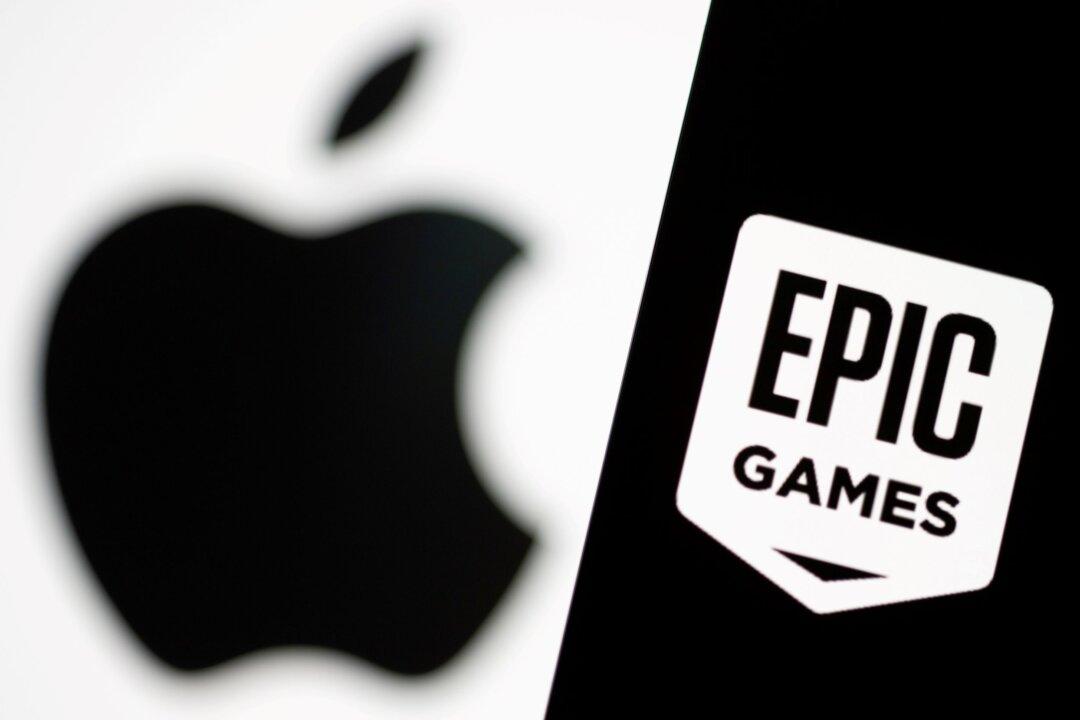WASHINGTON—A U.S. judge stopped short of labeling Apple Inc. an “illegal monopolist” on Friday, but the closely-watched ruling provides a roadmap for similar claims against the iPhone maker in the future, legal experts said.
Ruling on an antitrust case brought by Epic Games, creator of the online game “Fortnite,” U.S. District Judge Yvonne Gonzalez Rogers said Epic did not present sufficient evidence of Apple having unlawful monopoly power in the relevant market, which she defined as “digital mobile gaming transactions.”





